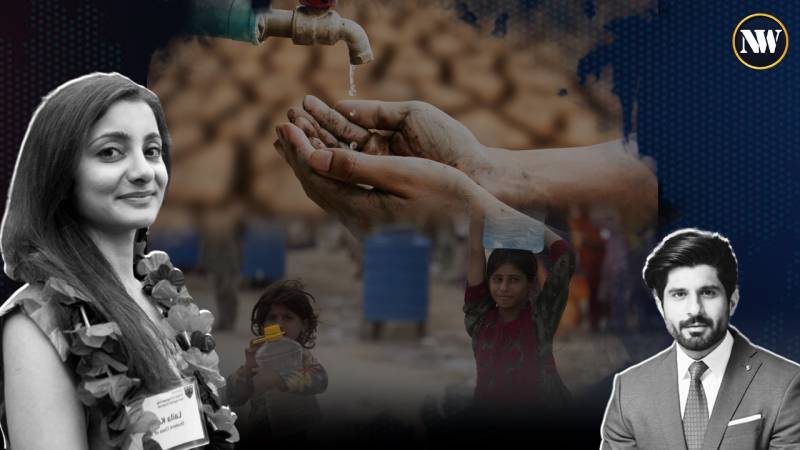The mighty Indus River faces an impending water crisis that threatens to disrupt the lives of its people and the stability of its economy. This looming crisis encompasses a myriad of challenges, from mismanagement in urban centers to inefficient water use in agriculture. In a quest for solutions and insights, we turn to a comprehensive interview with an expert in water resource management.
With extensive knowledge and experience in the field, Laila Kasuri provided invaluable insights into the complex water issues facing Pakistan today. The interview commenced with a focus on Karachi, Pakistan's largest city, which grapples with severe water shortages and mismanagement. Laila Kasuri highlighted the parallels between Karachi and Phnom Penh, the capital of Cambodia, where a similar water crisis was addressed by a determined mayor. In Phnom Penh, the presence of a water mafia and high water tanker prices mirrored Karachi's issues.
The mayor's remarkable efforts to combat the crisis included the establishment of a large water treatment plant and a distribution network that reached every household in the city. Despite facing death threats and opposition, the mayor successfully transformed Phnom Penh's water supply system.
Laila emphasized the rarity of such success stories and acknowledged that Karachi's challenges are even greater due to its massive population. To tackle Karachi's water crisis, Laila recommended a stronger focus on wastewater management and addressing saltwater intrusion issues at the urban level.
While Karachi's problems are monumental, Laila stressed the importance of not neglecting smaller cities in Pakistan. The interviewee pointed out that Lahore and many other cities in Punjab could benefit from improved water treatment facilities, distributed networks, and well-structured tariff systems.
The need for good tariff systems was highlighted as a critical component of any effective water management system. Laila reiterated that to address Pakistan's governance issues, a systematic approach to public sector service delivery, encompassing water, electricity, and more, is necessary.
Shifting the focus to agriculture, the interview explored Pakistan's water-intensive farming practices. Pakistan consumes a significant amount of water for agriculture, but the productivity is dismally low. Laila indicated that the problem isn't just about low yields; it's also about inefficient water usage.
Laila emphasized that inputs such as land, water, and fertilizers have been maximized without substantial improvements in technology or productivity. Education could play a role, but the lack of incentives to improve productivity is a significant hindrance.
One intriguing revelation was the inverse relationship between water usage and productivity. The more water Pakistan allocates to agriculture, the less productive it becomes. Laila suggested that reallocating water resources could be part of the solution. Incentivizing farmers to use water efficiently by promoting higher-value crops or more effective water-use strategies might lead to improvements.
The interviewee acknowledged that addressing Pakistan's water woes in agriculture isn't straightforward. While improving water productivity is crucial, there's a deeper issue concerning food security. Wheat and rice, two of Pakistan's staple crops, are heavily reliant on water. Changing dietary habits in a country where these grains form the foundation of daily meals is challenging.
In the end, Laila raises a pertinent concern: Pakistan's food security issues are compounded by inadequate storage and distribution systems. Despite producing enough food, inefficient supply chains often lead to imports, causing further strain on water resources.
As Pakistan grapples with its impending water crisis, it is clear that comprehensive and well-thought-out solutions are needed, and imperative that policymakers, stakeholders, and the public come together to implement these solutions and secure a sustainable water future for the country.

